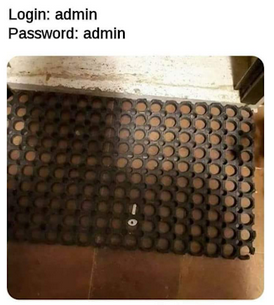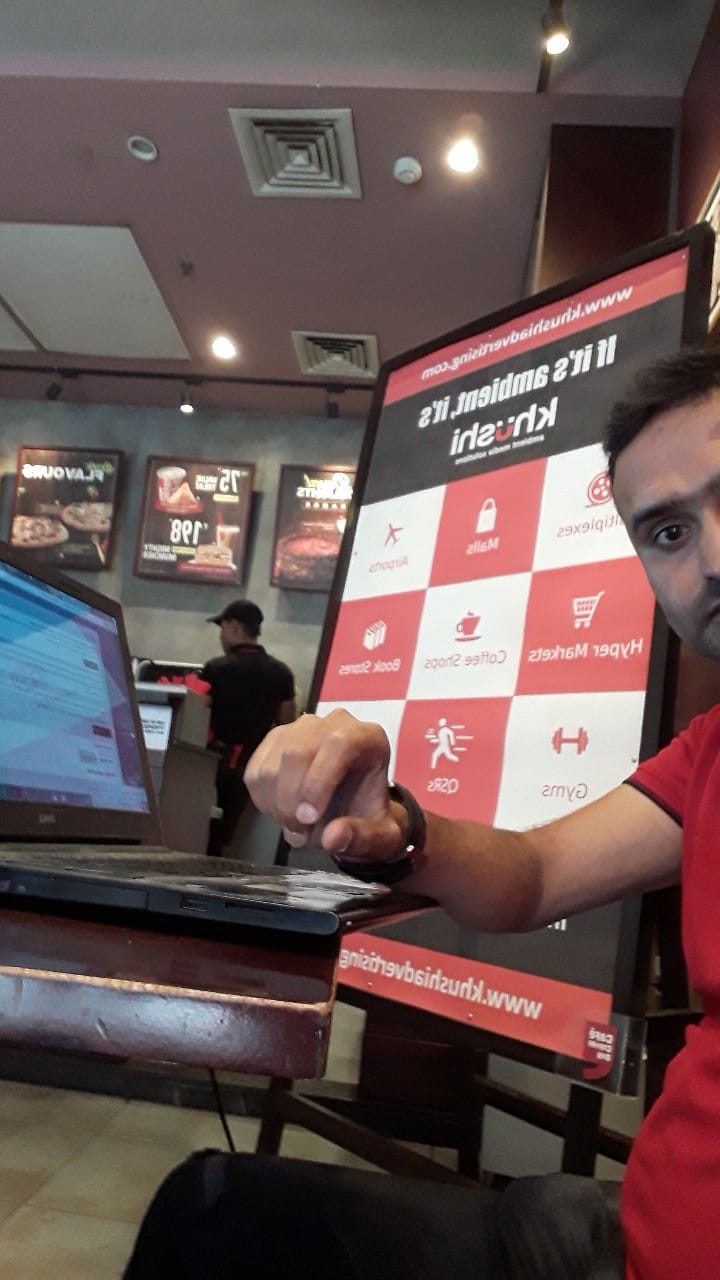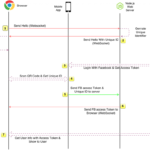1. C and C++
C and C++ are critical low-level programming languages that you need to know as a cyber security professional.
These languages provide access to low-level IT infrastructure such as RAM and system processes, which if not well protected, hackers can easily exploit.
The C programming language is the backbone of most operating systems. It is a lean, flexible, and efficient language that can be used to complete a wide range of tasks such as cryptography, image processing, and socket networking.
Essentially, C++ is usually regarded as C’s big brother — which has been concocted with crack, meth, and steroids and mixed without any favors. C++ is a fantastic language that is largely based on C’s source code.
There are several cyber security programs created using C++. For example, Nmap, the network mapper tool, is created using C++.
Here is a marvelous quote from Bjarne Stroustrup, the creator of C++:
“C makes it easy to shoot yourself in the foot; C++ makes it harder, but when you do, it blows your whole leg off.”
As a cyber security expert, if you are experienced at using C/C++ programming languages, you’ll know how to respond to attacks targeting lower level operations within your computing environment.
2. Python
Python is a high-level programming language that is increasingly becoming popular among cyber experts.
It’s gaining traction mainly because of its adherence to code readability, clear and simple syntax, and availability of an extensive number of libraries.
So, whatever task you want to do, you can always complete it easily with Python.
For example, you can use the language to send TCP-packets to machines, perform malware analysis, and create intrusion detection systems with minimal reliance on third-party tools.
However, unlike C/C++, Python is not low-level; therefore, it may not provide enough visibility to hardware resources.
Learning Python for cyber security will give you an edge in your career. You’ll be equipped with programming skills that can assist you to identify vulnerabilities and discover how to fix them.

3. JavaScript
JavaScript is a high-level programming language, which is often referred as the “lingua franca” of the web.
JavaScript is a core technology that powers the Internet. Primarily, it’s the language that adds interactivity to web pages.
Although JavaScript was initially implemented only on the client-side in web browsers, it’s now possible to use the language in other types of host infrastructure, such as server-side in databases and offline applications like PDF programs.
Therefore, because of its extensive usage, learning JavaScript can make you go one step ahead of the hackers.
You’ll understand the concepts of how websites and other applications work and the best designs to employ to ward off malicious users.
For example, cross-site scripting is a JavaScript-based attack that involves an attacker implanting malicious code in a web application.
If you are experienced in using the JavaScript programming language, you can prevent such types of attacks from occurring.
4. PHP
PHP is a server-side programming language for developing websites. Because most websites are created using PHP, learning the language will enable you to know how to fend off intruders.
For example, DDoS (Denial-of-service) attacks usually attempt to make web applications unavailable to intended users.
With PHP programming knowledge, coupled with skills in other technologies like JavaScript, you can implement robust solutions to secure web applications.
5. SQL
SQL (Structured Query Language) is mostly used in managing data stored in databases.
Because of the current explosion of data storage systems, SQL is widely used for maintaining and retrieving data.
Similarly, hackers are increasingly orchestrating the language for damaging or exfiltrating the stored data.
For example, SQL injection attacks involve exploiting SQL vulnerabilities to steal or modify data kept in databases.
Therefore, having a good understanding of the SQL language is critical in your cyber security career.










